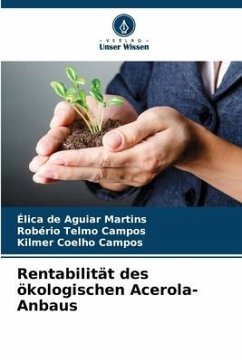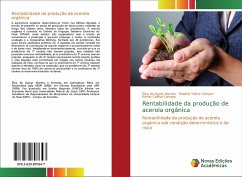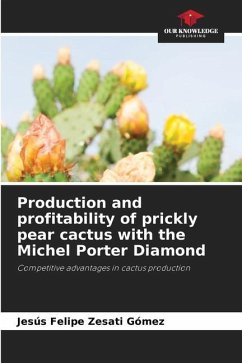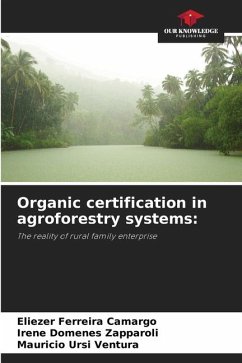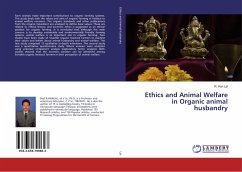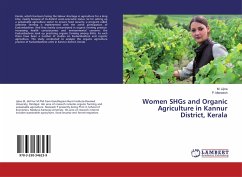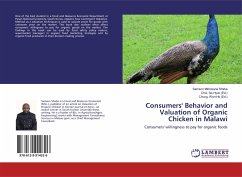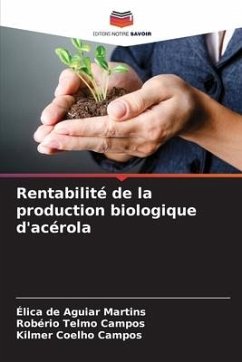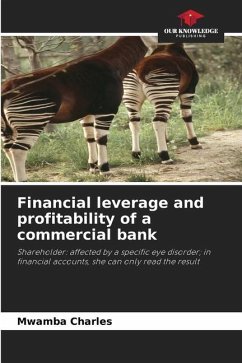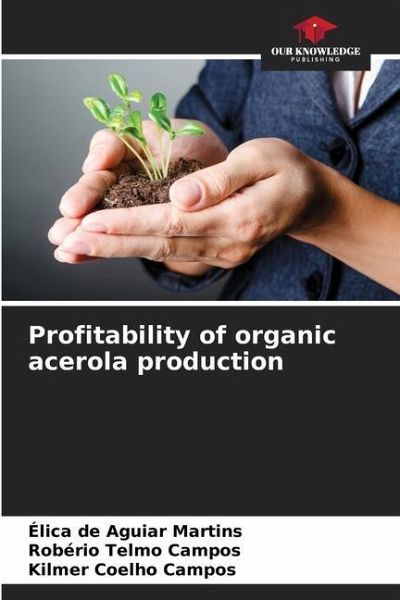
Profitability of organic acerola production
Versandkostenfrei!
Versandfertig in 6-10 Tagen
18,99 €
inkl. MwSt.

PAYBACK Punkte
9 °P sammeln!
The organic agriculture has developed a lot in the last decades, and became present in the production of several countries, exhibiting along the last years, high rates of growth. The organic acerola is cultivated in the Tabuleiro Litorâneo Irrigation District of Piauí - DITALPI, where three cooperatives exist with the aim of increasing production and generating employment and income. The institution analysed is the Biofruta Cooperative, made up of 26 producers, of which only 23 were analysed. The issue under analysis is to determine whether the production of organic acerola is economically v...
The organic agriculture has developed a lot in the last decades, and became present in the production of several countries, exhibiting along the last years, high rates of growth. The organic acerola is cultivated in the Tabuleiro Litorâneo Irrigation District of Piauí - DITALPI, where three cooperatives exist with the aim of increasing production and generating employment and income. The institution analysed is the Biofruta Cooperative, made up of 26 producers, of which only 23 were analysed. The issue under analysis is to determine whether the production of organic acerola is economically viable and low risk. Analyzing deterministically, it was concluded that the producers of the 1st scenario did not have losses, but also did not have good profitability, while the producers of the 2nd scenario had losses, while those of the 3rd scenario expressed positive net income and a more comfortable situation in relation to the other scenarios. In the risk assessment, it was found that theproducers of the 1st scenario were subject to high risks in production, that the producers of the 2nd scenario were at 100% risk of continuing to produce and the producers of the 3rd scenario proved to be quite profitable.




